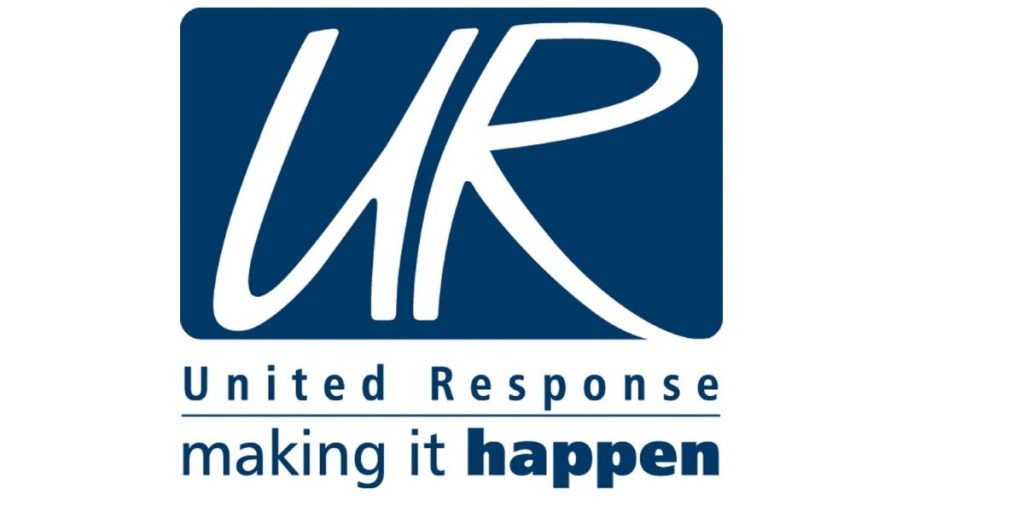United Response: There is an alternative
ASL report calls for government to end institutional care
The Association for Supported Living (ASL) today publishes There Is An Alternative, a report demonstrating that community-based support for people with learning disabilities is more effective, safer and cheaper than institutional care. The report calls for the government to act to put an end to institutional services.
There Is An Alternative includes 10 case studies of people who moved from institutional services to supported living services. In each case quality of life improved dramatically, while costs fell significantly.
There Is An Alternative was prompted by an edition of Panorama broadcast in May this year, which showed people with learning disabilities in an institution (Winterbourne View, Bristol) being abused by staff employed to care for them.
Kim Foo, chair of the ASL says:
“It is quite possible to provide high quality, cost effective alternatives to the restrictive, expensive institutional services that too many local authorities continue to purchase. We call on David Cameron and his government to finally put an end to the abuse of some of our society's most vulnerable members.”
Writing in the report’s foreword, Professor David Sines CBE says:
“This inspiring report provides optimism for the future and exposes the deficits that continue to imbue existent specialist hospital services that perpetuate an institutional model of care delivery.”
A copy of There is an Alternative, can be downloaded at www.a-s-l.org.uk
Ends
For further information on the report, or to set up an interview with ASL leaders, please contact Sarah Bartlett or Jaime Gill in the United Response Press Office on 020 8246 5237/5122 or email sarah.bartlett@unitedresponse.org.uk or jaime.gill@unitedresponse.org.uk
Notes to editors:
The Association for Supported Living is a not-for-profit organisation that represents organisations that support about 30,000 people with learning disabilities, with combined annual budgets approaching £1 billion.
Research published in 2010 using data from the Healthcare Commission found nearly 1,900 people with learning disabilities were in institutional care.





-01.png)